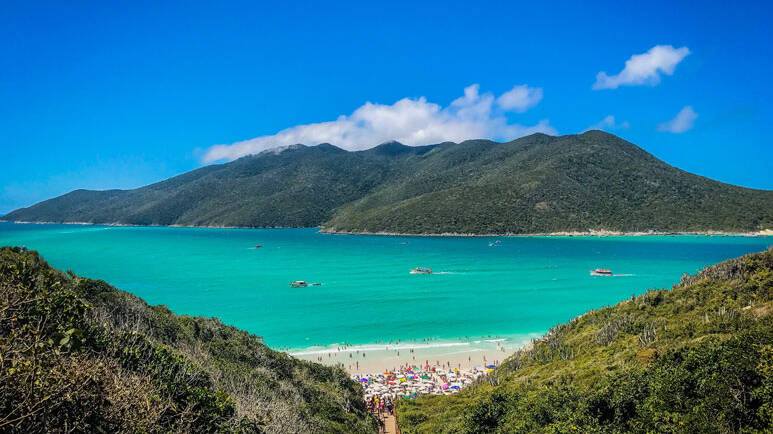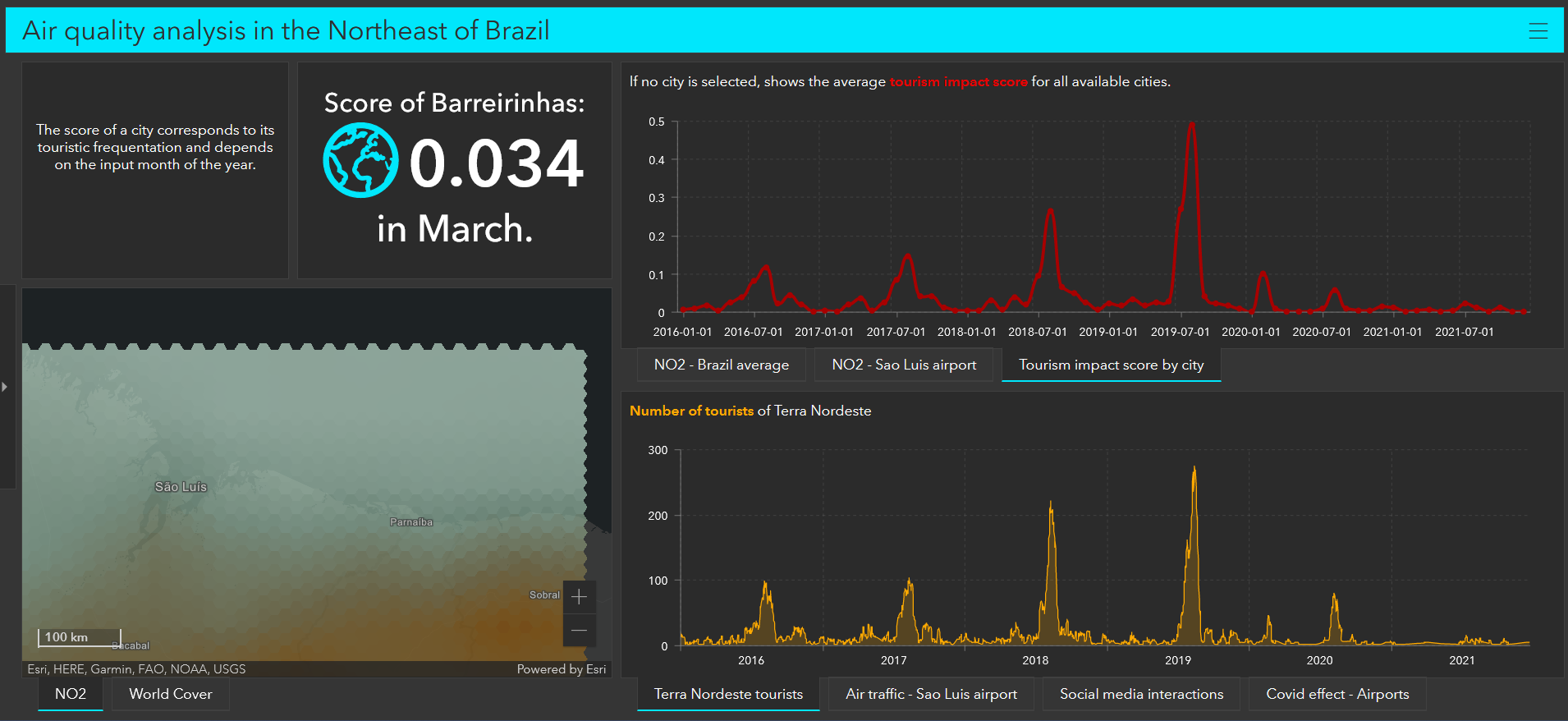Copernicus services for sustainable and environmentally-friendly tourism
Tourism is one of the pillars of the modern economy. Despite 2020, where tourism has been hit hard by COVID-19, it is expected to reach a value of 2 trillion international tourists by 2030. On the other hand, planet earth is facing a serious problem of pollution, climate change and resource depletion. The main motivation of this use-case is to reduce the impact of tourism on planet Earth by implementing a business system based on supply, demand, but also environmental impact.
At the time of writing these lines, there are no solid tools to compute the environmental impact of a travel package, so it is difficult or impossible for a tourist to quantify its effect. Coupled with the current lack of knowledge of the average traveller, who does not know which modes of transport or tourist habits generate the most environmental impact, we find a strongly negative forecast. It is necessary to overcome both gaps, generating non-existent knowledge using satellite data on the one hand, and bringing this knowledge to the tourist through travel agencies on the other hand.
DeepCube is developing a pricing engine for hotel rooms and tour packages independent from the major reservation platforms and incorporating the environmental dimension and sustainable tourism. This will be achieved with a) the characterization of the present environmental conditions, such as air quality, before generalising the approach to other variables, using Copernicus data, and of the present demand using social media and economics data, and b) the characterization of direct environmental threats such as air pollution sources. To do so, the DeepCube platform will allow the use of Machine Learning architectures, fed with EO and non-EO data, to compute the forecast of the environmental state as well as the compensation price of such a trip.
Our AI model is trained to predict the NO2 value depending on tourism activity and other major factors. We use tourism frequentation data, complemented with tourism infrastructure and air traffic data, Copernicus data for air quality and meteorological conditions, and NOAA data for land topography. Causality and Explainability analysis are performed to understand the major factors influencing air quality and isolate the impact of tourism. We have also developed a prototype dashboard to present the air quality and tourism activity status area in pilot areas (France, Slovenia and Brazil).
Use Case Leader
Murmuration SAS
Murmuration has been selected as a winner in the UN World Tourism Organization’s “Awake Tourism Challenge”
Interested in learning more? Contact us!
Tarek Habib, [email protected]
Fabien Castel, [email protected]
Camille Laine, [email protected]





